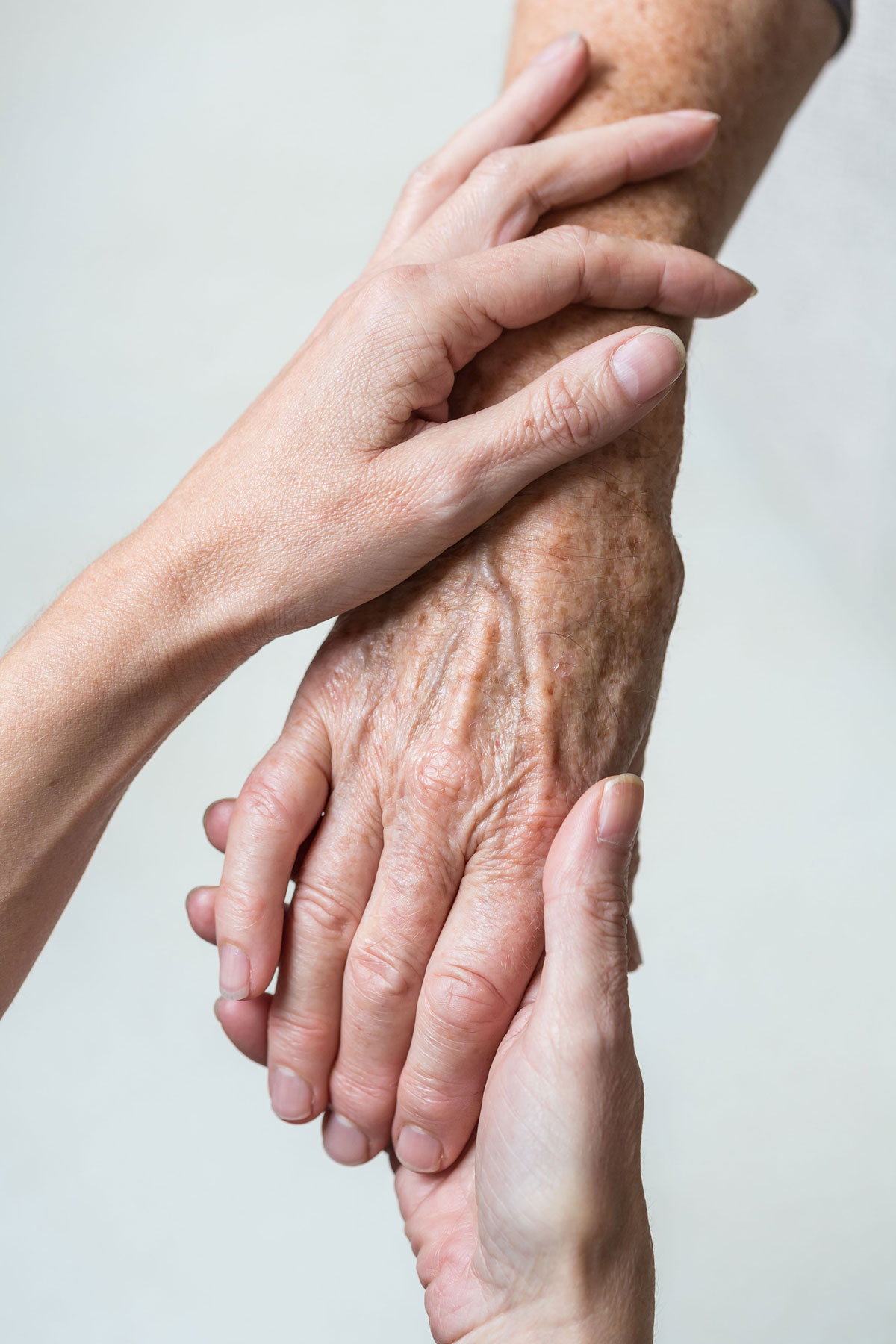William McClintock couldn’t think straight. The opiates dulled the pain of his colon cancer, but they made him so tired he couldn’t hold up his head. After 17 years of fighting his disease, he met Dr. Robert Fine in June 2012.
For decades, modern health-care has had a gap between aggressive treatment and hospice care. A patient with a serious illness either fought it as hard as he could, often to the detriment of his remaining days, or resigned to die. For Baylor Scott & White Health, Fine now fills that space. He presents his Supportive and Palliative Care Program as the nuance that has been missing in the treatment of serious illnesses. The support program offers a personalized, multidisciplinary treatment strategy to help the patient live out his waning months or years how he wants to. It also extends to the family members, offering social workers and chaplains as resources to help understand what their loved one is going through.
It’s a nascent specialty. The American Board of Medical Specialties started offering a certification exam in 2008, according to the Center to Advance Palliative Care. There are only about 3,000 board-certified specialists in the country.
How it works: Fine gets a referral from, say, a heart doctor or an oncologist to see the patient. “I’m here to support you and your family,” he’ll say, “and palliation is just a fancy Latin word for pain treatment.” The mood brightens once he separates his specialty from hospice, he says. Fine’s arrival is not a death sentence, although the patients he sees often suffer from terminal diseases.
“We try to help the patient and family and staff prolong the dying,” he says. “We don’t want to hasten anyone’s death. What are your goals of care?”
The Centers for Disease Control and Prevention now recognizes cancer as a chronic condition. Patients can live for decades with proper treatment, which Fine says makes his specialty essential. He points to McClintock as an example of this. He spent the last two years of his life in the palliative care program. Fine says he worked with him to find a medication plan that eased his pain but didn’t make him so tired.
“In two days, he was mentally clear with controlled pain,” Fine says.
According to a study published in the American Cancer Society’s CA journal, early involvement of palliative care—defined as more than three months before death—results in “significantly” fewer ER visits, hospital admissions, and hospital deaths compared to later referrals. A hospital that offers palliative care to 500 patients a year saves $1.3 million annually, according to another study in the Archives of Internal Medicine.
But for Fine, the impact the specialty has on families speaks louder than the cost savings. He has a letter from McClintock’s mother, written to him after her son passed on January 29 of this year. “You understood his pain, not just his physical pain, but all of it,” she wrote. “Because when you have cancer for 19 years, you have physical and emotional pain. William was able to open up to you and to really express his feelings and thoughts. What a gift you have, and with your gift, you gave us our son.”






